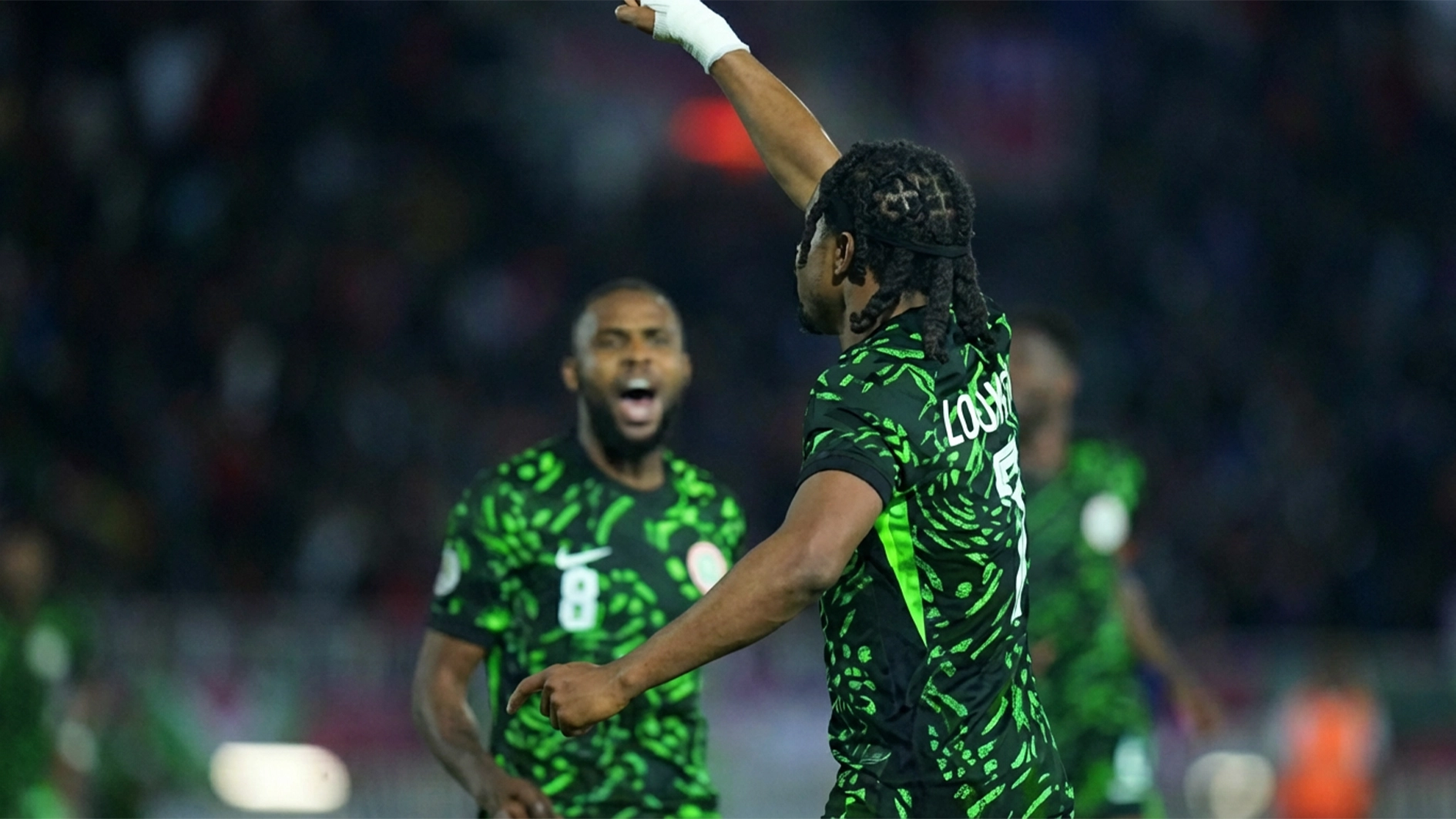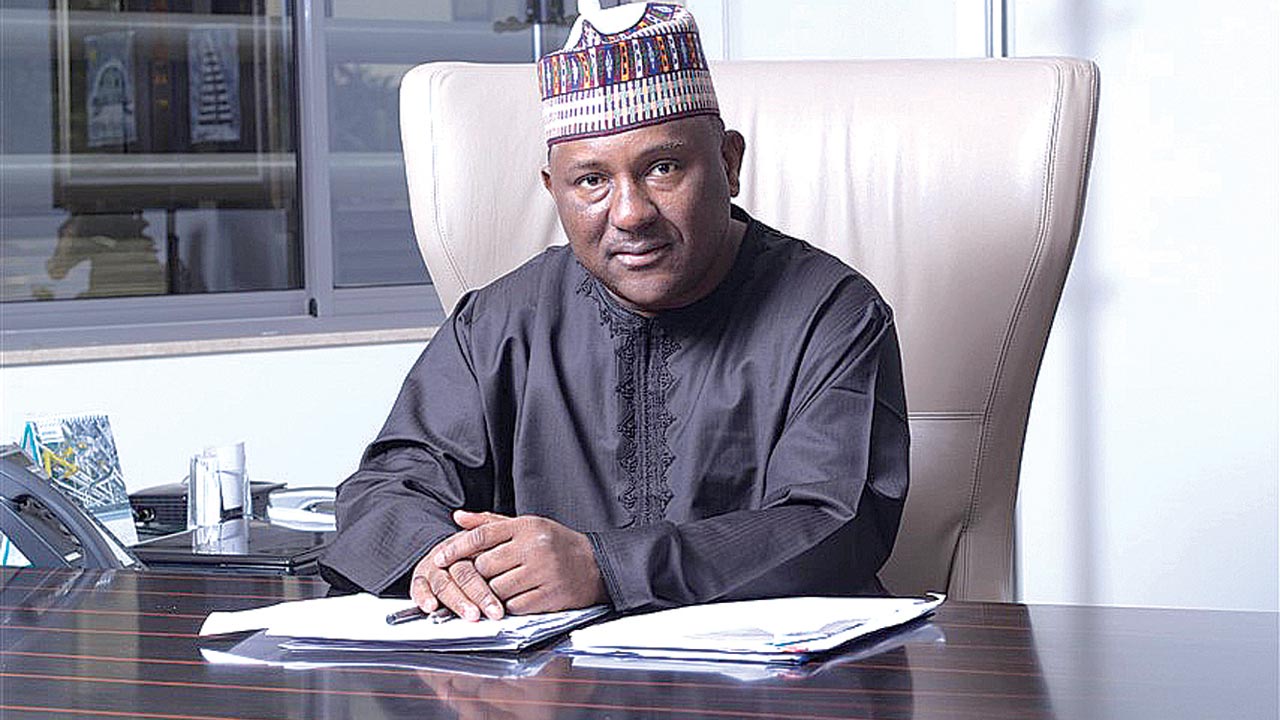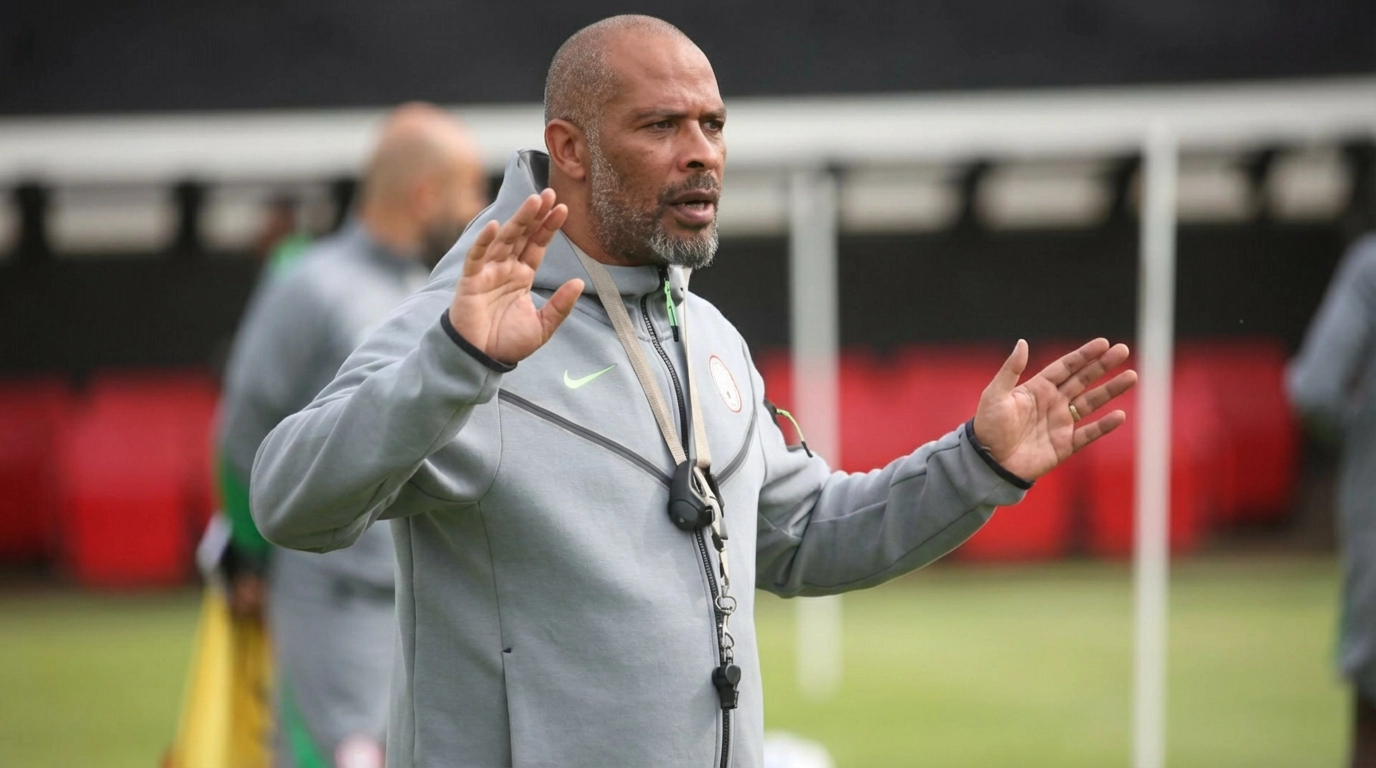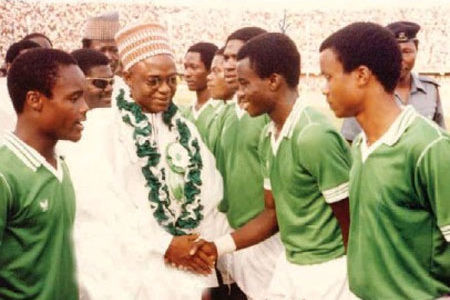
Members of the Flying Eagles set of 1983 are honouring the enduring legacy of their late captain, Ali Jeje, by bestowing a full scholarship upon his son, Abdul Rahman Jeje. This poignant gesture reflects the profound impact Jeje had on Nigerian football history, particularly as the cornerstone of the Flying Eagles’ journey to the FIFA U-20 World Cup (then known as the FIFA World Youth Championships) in Mexico in 1983.
Jeje, who also led the Flying Eagles to win the Africa Youth Championship – which was at the time known as the Tesema Cup – after beating Ivory Coast over two legs 4-3 on aggregate in the same year, died on 12 December 2007 following an unknown illness at the age of 43. He played his club football in Nigeria for Mighty Jets and Abiola Babes.
Vice captain Paul Okoku, in a signed statement to The Guardian on Sunday, emphasised the significance of 1983 as the year Nigeria’s flag was raised on the global football stage for the first time, symbolising the nation’s pride in its players. Despite facing challenges, Ali Jeje’s dedication to the team left an indelible mark on Nigerian football.
“1983 was the first time a Nigerian flag was raised and flown on the world football stage, in admiration of the world gathering for a pride of a nation, the players were the pride of the nation, Nigeria and the continent of Africa,” stated Okoku, who resides with his family in USA.
“The raising of the Nigerian flag was a proud moment, symbolizing the nation’s admiration for its players who embodied the pride of Nigeria”, added Paul Okoku, who pointed out that “despite facing significant adversities, Ali Jeje’s unwavering dedication to the team and the sport left an indelible mark on the annals of Nigerian football history”.
Okoku noted that in recognition of the late Ali Jeje’s unparalleled contributions and the enduring legacy he left behind, the Flying Eagles set of ‘83 resolved to support Abdul Rahman’s educational aspirations through a scholarship.
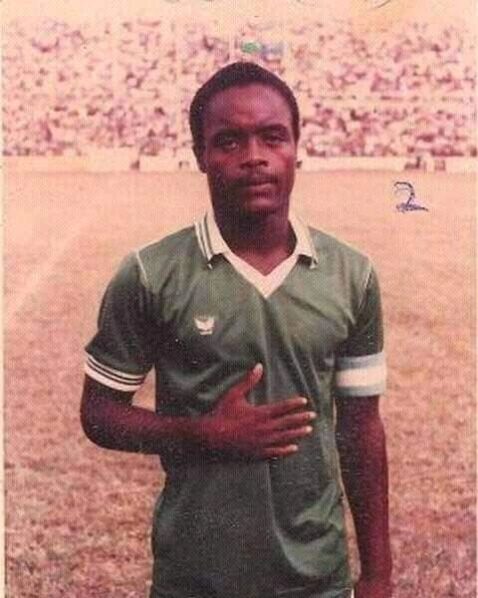
“Furthermore, on behalf of the Esteemed Solidarity Flying Eagles Team, 1983 set, and as the vice captain of the history-making squad, I salute you, my fellow teammates, I extend my heartfelt gratitude to all our team members who generously supported this initiative financially and in kind who deserve our genuine appreciation for their integral role in the scholarship scheme,” added Okoku, who then went on to reel out the names of members of that historic Nigerian team.
The players, a few of whom have passed away, are: Chibuzor Ehilegbu, Otti Amaechi, Paul Okoku, Femi Olukanni, Segun Olukanni, Dehinde Akinlotan, Taju Disu, Dahiru Sadi, Tarila Okorowanta, Manu Garba, Alphonsus Akhahon, Sunday Edema Benson, Yemi Adebanjo, Samson Siasia, Patrick Udoh, Muyiwa Manny Motajo, Humphrey Edobor, Bright Benson, Wahab Adesina, Wilfred Agbonabare, Christopher Anigala, Yisa Sofoluwe, Raymond King, Mike Igbeka and Terfa Kpako.
Reflecting on the profound impact of this initiative, Okoku expressed deep gratitude to his former teammates for their unwavering support and commitment, stressing that “our collective action exemplified the essence of true teamwork and underscored the power of unity in honouring the cherished memory of our beloved Captain, Ali Jeje.
Abdul Rahman Jeje’s heartfelt appreciation for the opportunity to further his education serves as a poignant testament to the transformative impact of this scholarship on his future. With profound humility, he extends his heartfelt gratitude to the Flying Eagles, 1983 set, for illuminating the path to a brighter future and honouring his father’s enduring legacy.
Furthermore, Okoku highlighted the significance of the 1983 FIFA U-20 World Cup, where Jeje served as a referee, underscoring the team’s historic achievements and ongoing commitment to supporting Abdul Rahman’s educational journey.
“Incidentally that was also the first FIFA tournament attended by a Nigerian national team, when the Flying Eagles qualified after beating Guinea over two legs and he was the centre referee in the Group B match between Poland and the United States in Pueblo as well as the game between Brazil and Holland at the Jalisco Stadium, Guadalajara.”
“At the tournament, two other African referees – Bernard Grah of Cote D’Ivoire and Mohammed Larache of Morocco – were sent home after the Group games while (former Nigerian-born FIFA-badged referee Bolaji) Okubule was among the 12 retained to proceed with the remaining matches.
“As the Flying Eagles, 1983 set, continue to honour our illustrious legacy and invest in the next generation, we remain steadfast in our commitment to supporting Abdul Rahman’s educational journey.”



